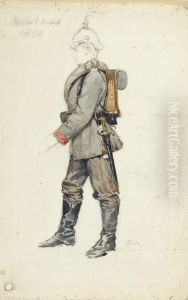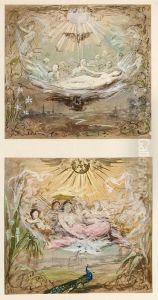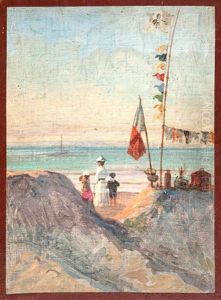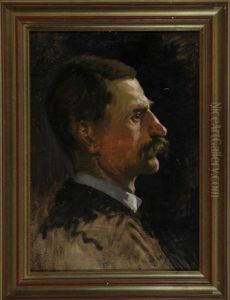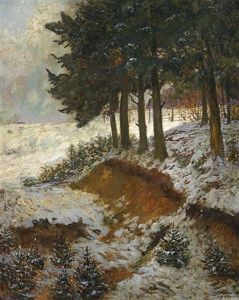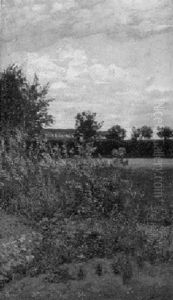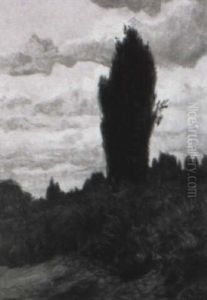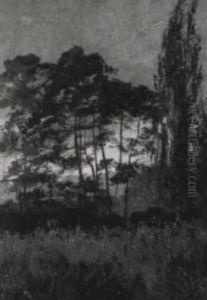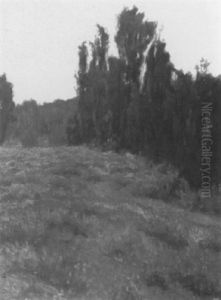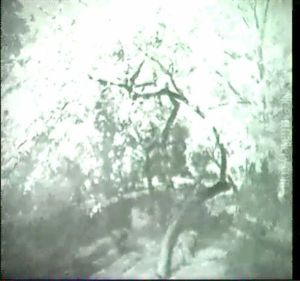Ernst Pasqual Jordan Paintings
Ernst Pascual Jordan was a German theoretical physicist who made significant contributions to quantum mechanics and quantum field theory. Born on October 18, 1902, in Hannover, Germany, Jordan's work spans across several facets of physics, although he is not as widely known as some of his contemporaries. His contributions, particularly in the formulation of matrix mechanics and his work on the quantum algebra now known as Jordan algebras, have had a lasting impact on the field.
Jordan began his academic pursuit in engineering but soon shifted his focus to physics, studying under Max Born at the University of Göttingen, one of the leading centers for theoretical physics in the early 20th century. It was here that Jordan, together with Max Born and Werner Heisenberg, developed matrix mechanics, an early form of quantum mechanics, in 1925. This work laid the groundwork for what would later be understood as the Copenhagen interpretation of quantum mechanics, developed further by Heisenberg and Niels Bohr.
Despite his groundbreaking work in physics, Jordan's career was marred by his political affiliations. During the 1930s, he joined the National Socialist German Workers' Party (Nazi Party) and served in various capacities during World War II. These actions cast a shadow over his scientific achievements and contributed to his relative obscurity compared to other physicists of his time.
After the war, Jordan continued his scientific career, contributing to the development of quantum field theory and attempting to reconcile quantum mechanics with the theory of relativity. He held academic positions at several German universities, including the University of Hamburg, where he focused on research and teaching until his retirement.
Ernst Pascual Jordan's work has influenced various areas of physics, but perhaps his most enduring legacy is the Jordan algebra in mathematics, which has applications in several areas, including theoretical physics and differential geometry. Despite the controversies surrounding his political activities, his contributions to the development of quantum mechanics and quantum field theory remain significant. Jordan passed away on July 31, 1980, in Hamburg, Germany, leaving behind a complex legacy that blends scientific innovation with the tumultuous politics of 20th-century Europe.
